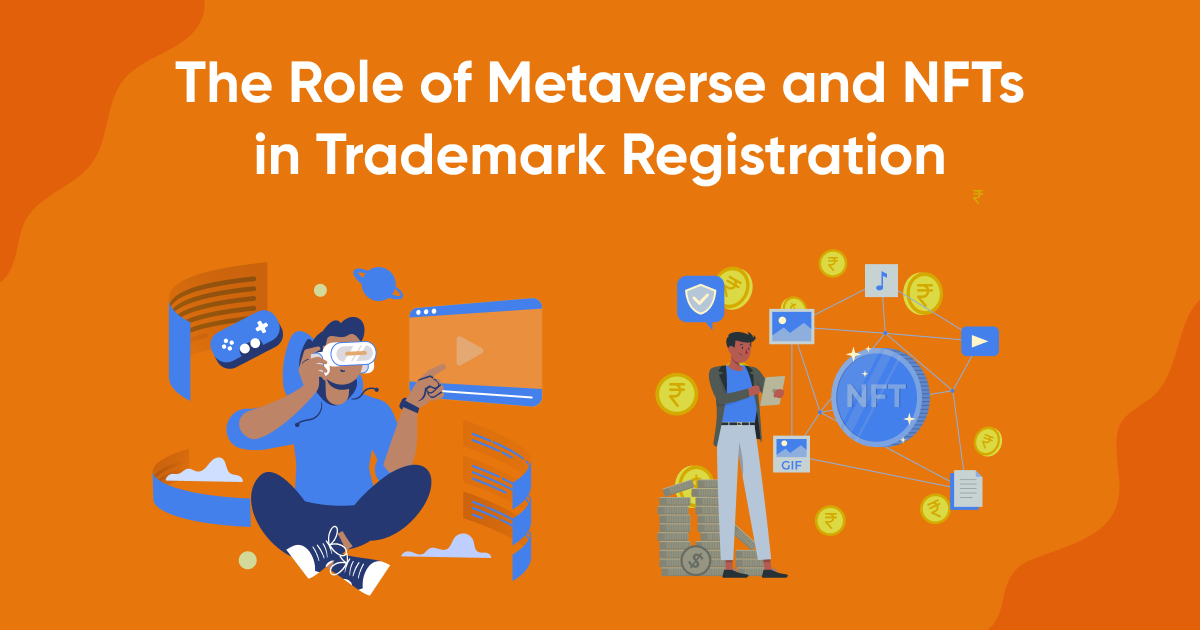Introduction
Trademarks have become a cornerstone of identity in India's burgeoning market economy. As we move deeper into the digital age, these symbols of brand recognition are gaining unprecedented importance. This blog post delves into the transformative trends shaping Indian trademark law today and forecasts the evolution we might expect shortly. Through an examination of recent legislative updates, cutting-edge technological impacts, and shifts within the global intellectual property ecosystem, we aim to provide a comprehensive outlook on how trademarks will continue to play a vital role in distinguishing businesses and their services in an increasingly competitive environment.
Current Landscape of Trademark Law in India
The landscape of trademark law in India is vibrant and ever-evolving. With an economy brimming with new businesses, the demand for trademark registrations has soared. The Indian government has responded with measures to streamline processes, reduce the backlog in registrations, and bolster enforcement mechanisms. The cornerstone, the Trademarks Act of 1999, and its subsequent amendments, most notably in 2017, have set a solid foundation for the efficient handling and protection of trademarks.
Technological Innovations Influencing Trademark Practices
In this digital age, technology is revolutionizing how trademarks are managed. Digital platforms have made brand management a dynamic and continuous process, emphasizing the need for robust online presence management and domain name security. Technologies like artificial intelligence (AI) and blockchain are beginning to reshape trademark registration and infringement detection. AI can swiftly analyze vast databases to spot potential conflicts, while blockchain offers secure and transparent ways to track trademark usage and rights transfers.
Predictive Trends for the Near Future
1. Increased Focus on Non-Traditional Trademarks
Businesses are increasingly exploring non-traditional trademarks such as shapes, sounds, and scents to stand out. Indian laws are expected to evolve, offering clearer guidelines and robust protection for these unconventional marks as they become more mainstream.
2. Strengthening Online Brand Protection
The digital realm continues to expand, making online brand protection increasingly crucial. Future legal frameworks might develop stronger measures against cybersquatting, counterfeit goods, and other online infringements, with specific provisions that address digital trademarks and the challenges posed by e-commerce platforms.
3. International Harmonization of Trademark Laws
The global interconnectedness is fostering a harmonization of trademark laws to simplify international trademark registrations and enforcement. India is likely to further align its trademark laws with global standards, simplifying procedures for Indian firms going global and foreign companies entering India.
4. Impact of Geopolitical Changes on IP Strategy
Geopolitical dynamics and trade agreements significantly influence IP strategies. Indian businesses and policymakers will need to adapt their IP strategies to optimize protection and take advantage of new opportunities.
5. Enhanced IP Education and Public Awareness
Increased public awareness is key to fostering a culture where trademarks are respected. Future initiatives might focus more on educating business owners, creators, and the public about the benefits of trademark protection and the perils of infringement.
6. Reforms in Legal Processes and IP Adjudication
The demand for quicker, more cost-effective dispute resolution could lead to the establishment of specialized IP courts or the expansion of online dispute resolution mechanisms, lowering litigation costs and timelines, and making IP enforcement more attainable for small and medium-sized enterprises.
Enhanced Role of Intellectual Property Organizations
Intellectual property organizations in India are becoming pivotal facilitators of trademark registrations and enforcers of IP law. Expect these organizations to enhance their educational programs and streamline registration processes through technological integration, which includes sophisticated online portals for trademark applications, status checks, and renewals.
Future Role of AI in Trademark Law
AI's potential in trademark law is vast, from predictive analytics for trademark success to automated legal advice and enhanced infringement detection. These developments will help businesses choose successful trademarks and monitor the internet comprehensively for any unauthorized use of registered trademarks.
Conclusion
The dynamic field of trademark law in India is set to transform under the influence of technological advancements, increased global integration, and evolving business needs. By understanding these trends and preparing for the changes they bring, businesses and legal professionals can better navigate this evolving landscape. The future of trademarks in India looks robust, with stronger protections, more streamlined processes, and greater awareness contributing to an environment that fosters innovation and respects intellectual property.







